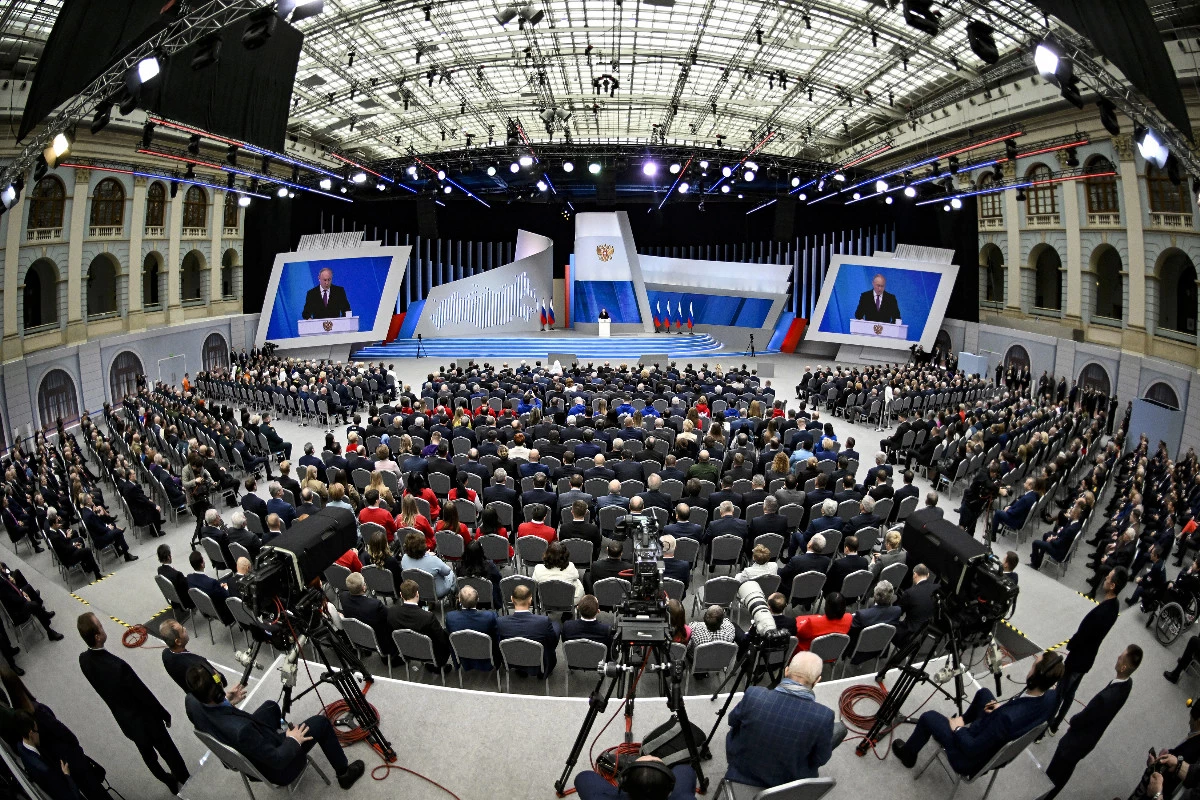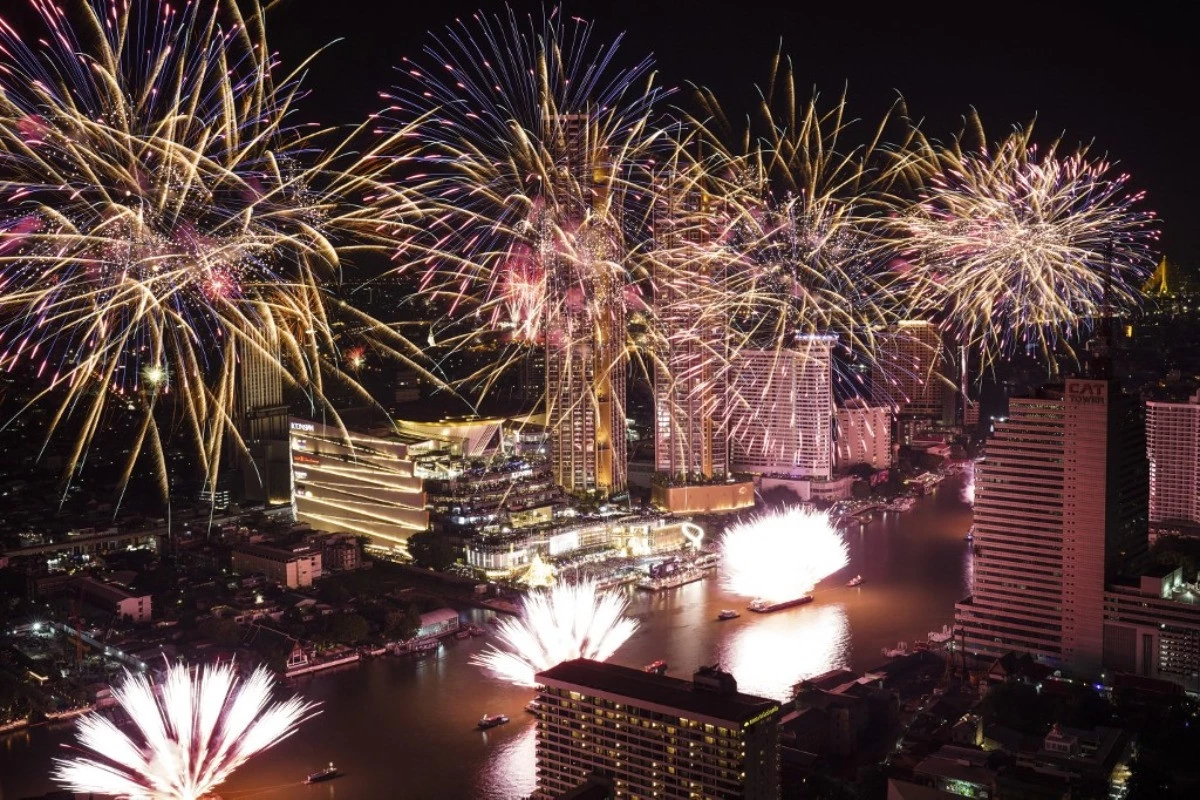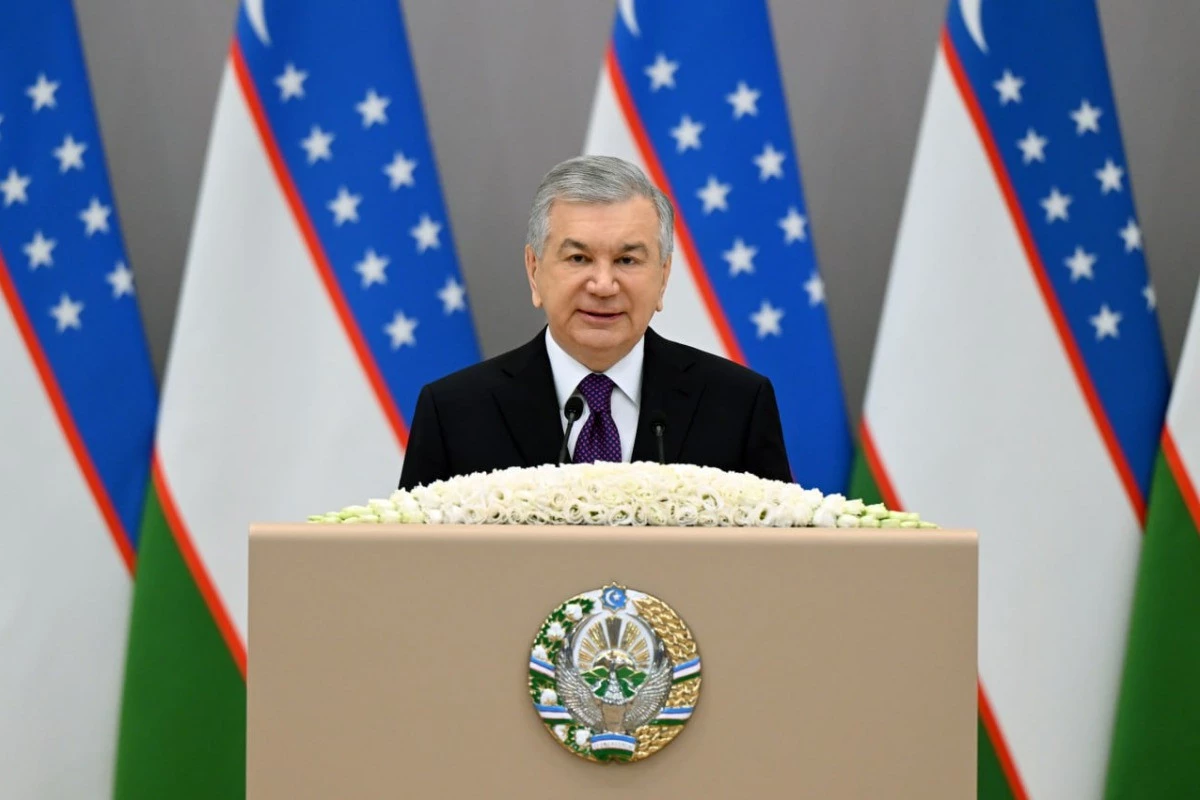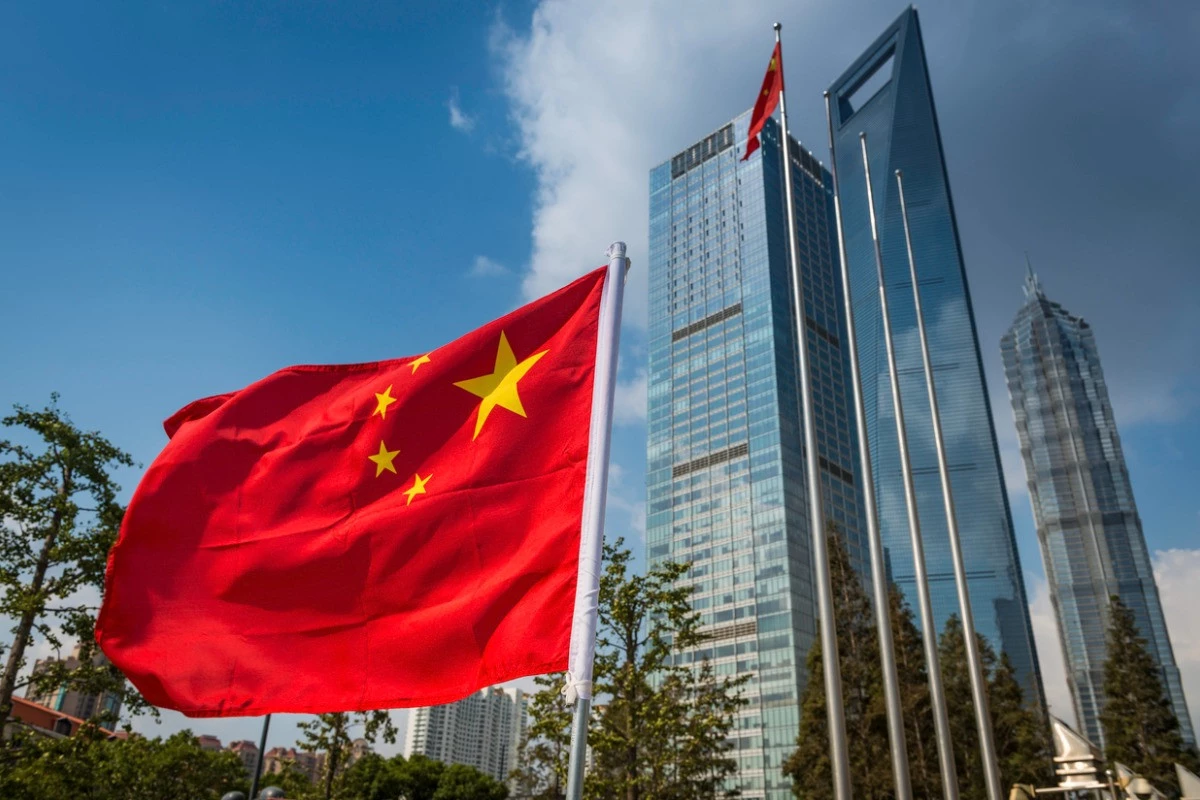
The speech comes two weeks ahead of a presidential election in which Putin is expected to win another six-year term in a landslide.
Amid ongoing tensions, particularly concerning Russia's actions in Donbas and Novorossiya (regions in eastern Ukraine, which Russia claims to have annexed), Putin emphasized the importance of unity and sovereignty:
"Today, when our homeland is defending its sovereignty and security... the decisive role in this righteous struggle belongs to our citizens, our unity, devotion to our native country and responsibility for its fate…"
Regarding the war in Ukraine, Putin reiterated Russia's stance, stating, "We did not start this war in Donbas... We will do everything to end it, to eradicate Nazism." He highlighted the increased combat capabilities of the Russian armed forces and their progress in Ukraine.
Putin expressed readiness for dialogue with the United States on issues of strategic stability, while criticizing what he perceived as unsubstantiated accusations – regarding a potential Russian invasion of Europe – and attempts to draw Russia into negotiations on unfavorable terms.


Leaders across Asia on Thursday marked the arrival of the new year with messages of hope, unity, peace, and renewed resolve, while outlining aspirations for stability, prosperity, and progress ahead.

The traditional annual Address of the President of Uzbekistan Shavkat Mirziyoyev delivered on the eve of the New Year, became an important programmatic statement summarizing the results of the outgoing year and outlining the country’s strategic development priorities for the period ahead.

Faced with these cross-border challenges, no country can remain immune. It is timely and necessary for all countries to join together to develop systematic solutions to effectively address these global problems. China has put forward several initiatives on development, security, civilization, and governance, which deserve our attention.